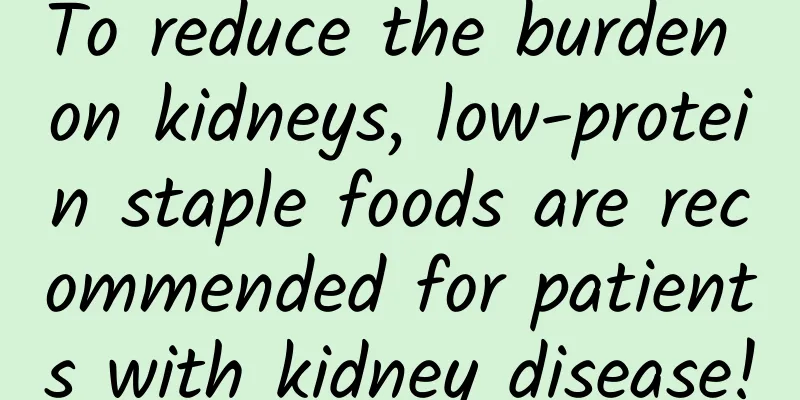What should I do if I have an unexpected miscarriage?

|
For pregnant women, the biggest worry in daily life is miscarriage, because miscarriage means that the child cannot be kept, and all the previous efforts made by her and her husband are wasted. This is indeed somewhat sad. Of course, abortions are mostly induced abortions, and accidental abortions are relatively rare. But sometimes accidents are unavoidable, so what should we do if we have an accidental miscarriage? Abortion is a process. If there is little bleeding, no embryonic tissue falls out of the vagina, and the lower abdominal pain and back pain are very mild, it is called threatened abortion. At this time, you can try to stay in bed and rest except for eating and going to the toilet. If the bleeding stops quickly and the stomach pain goes away, you still need to rest for about a week and then go to the hospital for a check-up. If the doctor determines that the fetus continues to grow and develop in the uterus, you can continue the treatment to preserve the fetus. If the doctor finds that the embryo has stopped developing, there is no need to preserve the pregnancy. If you continue to preserve the fetus, the dead fetus will remain in the uterine cavity for too long, causing the villi to adhere tightly to the uterine wall and become difficult to separate. In rare cases, the dead fetus can also produce a substance that, when absorbed by the mother, can cause maternal coagulation disorders and result in continuous bleeding. Therefore, pregnant women with symptoms of threatened miscarriage must go to the hospital for examination again after undergoing fetal preservation treatment. Generally, B-ultrasound is used to check whether the embryo is continuing to develop or has stopped developing. Never blindly preserve the fetus at home. Taboo 1. Within half a month after miscarriage, 1.5 to 2 grams of protein should be supplied per kilogram of body weight. Therefore, you can eat more chicken, lean pork, eggs, milk, beans, and bean products. 2. As the body is weak and prone to sweating, it is advisable to replenish water in small amounts and multiple times. A large amount of water-soluble vitamins are excreted in sweat, especially vitamin C, vitamin B1, and vitamin B2. Therefore, you should eat more fresh vegetables and fruits. This also helps prevent constipation. 3. On the basis of a normal diet, appropriately limit fat. Within one week after surgery, fat should be controlled at around 80 grams per day. People with menstrual disorders should avoid eating irritating foods, such as chili peppers, wine, vinegar, pepper, ginger, etc. These foods can stimulate congestion of the sexual organs and increase menstrual volume. Also avoid eating cold foods such as crabs, snails, and clams. |
<<: What should I do if I catch a cold during the confinement period?
>>: Can I lose weight after a miscarriage?
Recommend
Can I get pregnant with uterine fibroids?
It is well known that the vast majority of patien...
What is a cocktail? How to choose a cocktail
Cocktails contain certain nutrients and are gener...
Why is it painful to urinate?
Some people experience pain when urinating. In fa...
How long after cesarean section can I have a second child?
With the relaxation of China's one-child poli...
What is the best time for women to wear an IUD?
We all know that women wear IUDs to protect the u...
Foreign body stuck in the throat, "Like" to relieve it
It is said that children are the flowers of the m...
Can I have breakfast before abortion?
Now as sexual concepts and ideas become more and ...
Is octopus an octopus? How to clean octopus
Octopus is a high-protein food, and its protein i...
Can pregnant women take apple cider vinegar?
Female friends are very cautious about their diet...
What is the cause of the painful lump in the breast?
Breasts are very important organs for women. Afte...
Hyperuricemia: the invisible killer of renal impairment in young people
Author: Wu Hao and Chen Runyao, 910th Hospital of...
How to use tampons
Most tampons are cylindrical and have excellent w...
What to do if you have stomach pain during menstruation
Women during menstruation generally have poor imm...
Can I detect pregnancy with a pregnancy test stick?
Many women, after realizing that they have had se...
My aunt has a lot of blood clots.
Many women with gynecological diseases will have ...









